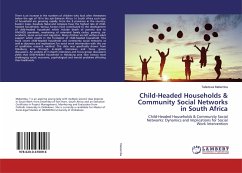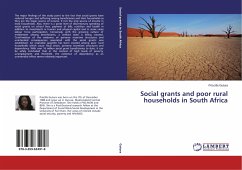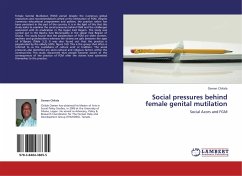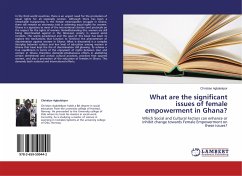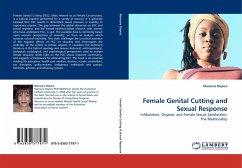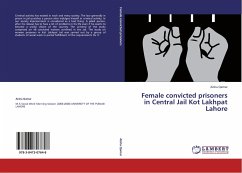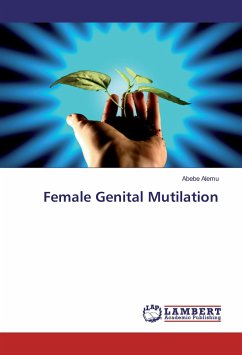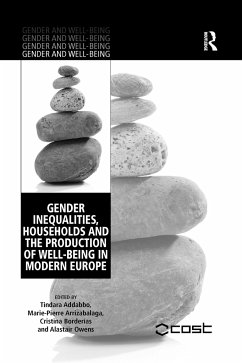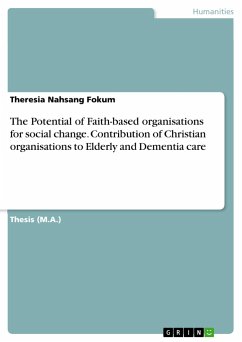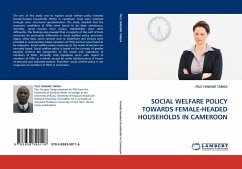
SOCIAL WELFARE POLICY TOWARDS FEMALE-HEADED HOUSEHOLDS IN CAMEROON
Versandkostenfrei!
Versandfertig in 6-10 Tagen
52,99 €
inkl. MwSt.

PAYBACK Punkte
26 °P sammeln!
The aim of this study was to explore social welfare policy towards female-headed households (FHHs) in Cameroon. Data were collected through semi- structured questionnaires. The study revealed that the economic conditions of FHHs were found to be fairly satisfactory. Secondly, social services from various stakeholders were rated differently. The findings also revealed that a majority of the staff of both ministries do participate differently in social welfare policy processes. Again, other basic social services such as healthcare and schools were provided in communities where members of FHHs li...
The aim of this study was to explore social welfare policy towards female-headed households (FHHs) in Cameroon. Data were collected through semi- structured questionnaires. The study revealed that the economic conditions of FHHs were found to be fairly satisfactory. Secondly, social services from various stakeholders were rated differently. The findings also revealed that a majority of the staff of both ministries do participate differently in social welfare policy processes. Again, other basic social services such as healthcare and schools were provided in communities where members of FHHs live but were found to be expensive. Social welfare policy responses to the needs of women are narrowly based. Social welfare policy is based on the concept of gender equality without the recognition of the needs and aspirations of members of FHHs. Secondly, little legislation exists with regard to members of FHHs as a whole, except for some isolated pieces in favour of divorced and widowed women. Therefore, social welfare policy is not responsive to members of FHHs in Cameroon.



